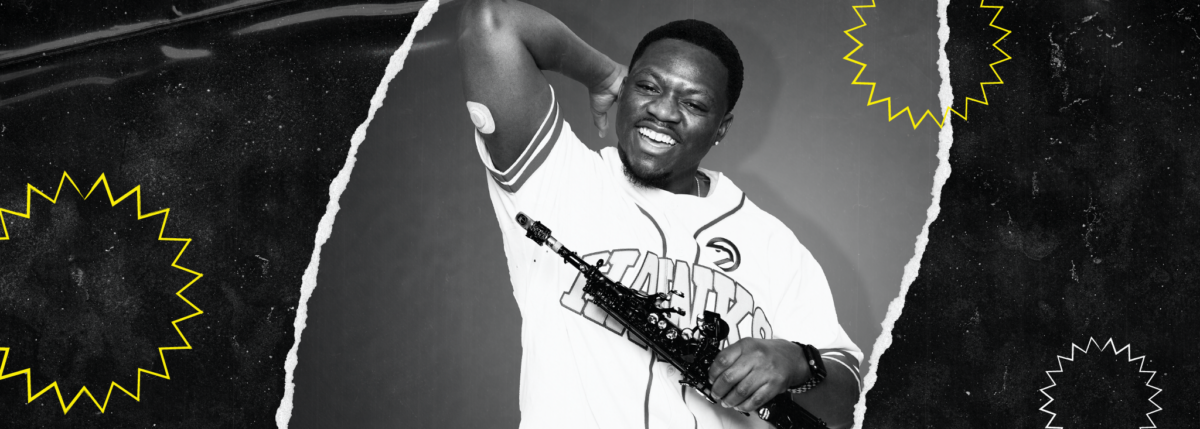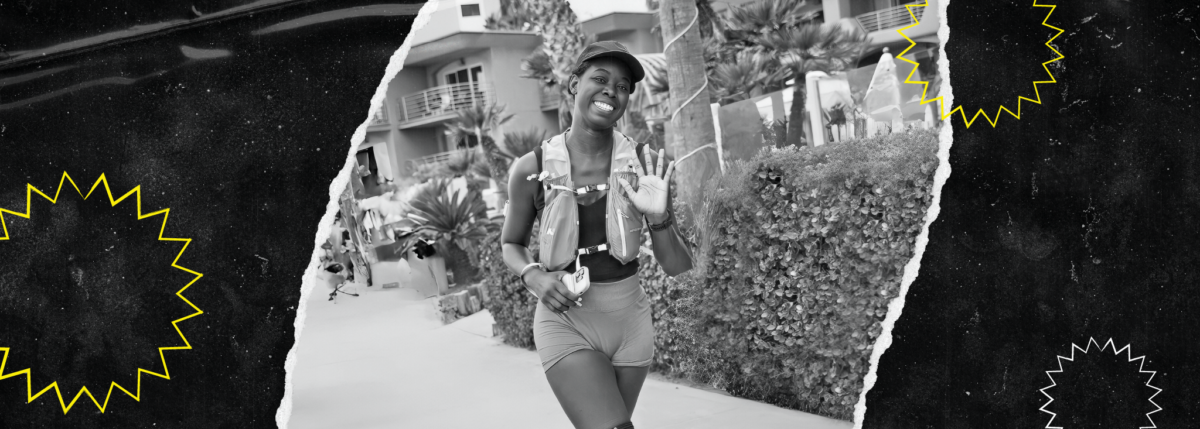A Mom’s Intuition and a Rare Diagnosis
Written by: Christine Heath
4 minute read
December 2, 2015
¿Sabías que existen más tipos de diabetes además de la tipo 1 y la tipo 2? Yo tampoco sabía hasta que diagnosticaron a mi hijo con una forma de diabetes monogénica.
Did you know there are more kinds of diabetes than just type 1 and type 2? Neither did I until my son was diagnosed with a form of monogenic diabetes called GCK- MODY. Monogenic diabetes is a rare type of diabetes that’s caused by a single gene mutation. There are two main forms: Neonatal diabetes and MODY. Monogenic diabetes is often misdiagnosed as type 1 or type 2, in part because of the lack of education about it even among most medical professionals. In my son’s case, his diabetes was misdiagnosed as both!
My son’s diabetes story began when I started noticing behavior issues after meals. He was getting irritable, having difficulty concentrating in class and getting into trouble. Then a blood test taken for another reason showed a blood glucose level that was higher than it should have been that long after his last meal. I spoke to his pediatrician about what I’d observed, because my mother’s intuition was telling me something wasn’t right. My son was sent for an Oral Glucose Tolerance Test, and both the fasting level and the level at two hours were higher than they should have been. The two-hour level was 12.8 mmol/l230 mg/dl, which resulted in an initial diagnosis of type 2 diabetes.
My son then had additional blood work, including testing for type 1 antibodies. Two of the type 1 antibodies came back mildly positive, and his diagnosis was changed to early type 1 diabetes. Having heard other people’s stories about DKA, etc., there was a period of time where I felt like I was just “waiting for the other shoe to drop,” so to speak.
Then when his glycemic patterns didn’t particularly fit either type 1 or type 2, there was a different kind of confusion and uncertainty. His blood sugars were variable, and subsequent testing with an Ipro Continuous Glucose Monitor (CGM) made the endocrinologist suspect something else was going on. Although his blood sugar levels would get as high as 13.9 mmol/l250 mg/dl, they would usually come down to the low 100s. Blood work was sent for genetic testing, and the results showed a mutation on the GCK gene. The diagnosis was changed again, this time to GCK-MODY (also known as MODY 2).
- Monogenic diabetes (GCK-MODY) accounts for about 1-2 percent of all diabetes cases.
- Treatment varies, depending on which gene is mutated and how the diabetes presents in each individual.
- People with monogenic diabetes tend to be very insulin sensitive. (They produce insulin, but not enough and not always at the right time.)
GCK-MODY is caused by a mutation on the gene that encodes for glucokinase, an enzyme that acts as the glucose sensor for the body. Because the mutation decreases the activity of glucokinase, “normal” blood sugar for someone with MODY 2 is about 2.2 mmol/l40 mg/dl higher at baseline. In addition, the counter-regulatory responses to hypoglycemia (release of epinephrine and glycogen from the liver) occur in the 90s (5.0 mmol/L) instead of the 60s (3.3 mmol/L). So a blood sugar that’s “normal” for someone else is actually a low for someone with GCK-MODY.
Having lows occur at a higher level has been a challenge. My son has a certain level of hypoglycemic unawareness, so he’s not always able to say when he’s low. Often his behavior is what clues me in that something’s off. If anyone else is caring for him, I always make sure to let them know. His hypoglycemic unawareness has definitely been a problem when he’s been in the care of others, both at school and at camps or after school programs. There have been many instances where he’d be low and start acting out behaviorally, but teachers or other caretakers didn’t consider his blood sugar levels as a possible contributing factor. He’s had consequences imposed on him for behaviors that stemmed from hypoglycemia without blood sugar levels being checked or corrected. I have had to repeatedly remind people that a blood sugar check should be a first step whenever “off” behavior is noted. My fear is that he’ll be hypoglycemic, but someone will think his blood glucose is “normal” and won’t initiate treatment. The dangers and negative effects of hypoglycemia are well known by many.
I have always tried to be very communicative with my son’s school and kept them updated as much as possible at each step of the diagnostic/process. Unfortunately, because my son’s form of diabetes is rare and has some unique characteristics, it was challenging to create and establish adequate supports for him. Even though I provided as much information as possible, it was difficult to get the staff to accept/believe the information and approach my son’s care appropriately.
There are other issues involved in my son’s type of diabetes as well, including problems with growth and fatty acid synthesis. My son was born small for gestational age, which is common in babies with the GCK mutation whose mothers don’t have it. He also had difficulty gaining weight for the first three months of life. When babies don’t have the mutation but mothers do, the baby is often larger. Some kids with MODY 2 continue to have growth problems even when older, and sometimes insulin use helps to correct this.
Obtaining appropriate treatment for Monogenic diabetes can be difficult. There’s not a lot of research out there, and what’s available is largely outdated. Many medical professionals are unaware of what it fully entails and/or how to appropriately treat it. Everyone varies in what works best for them and what their needs are, but with monogenic diabetes it can be hard to convince one’s medical team to individualize and tailor the treatment plan. With MODY 2, that’s been especially apparent. The traditional protocol is “diet and exercise” but many families, like ours, find that’s not enough. Being a strong advocate for a child with diabetes is important for all parents, but it’s been especially true in my son’s case, since his type of diabetes is rare and not well understood!
Read The Wipperman’s account Wolfram Syndrome — A Rare Form of Diabetes.

Author
Christine Heath
Christine is a registered nurse and the mother of a teen with several rare conditions. She's committed to advocating and educating about rare diseases and disorders. She belongs to several rare disease groups on Facebook and is co-administrator of both the MODY group and the Monogenic Diabetes Awareness page.
Related Resources

Jordan Sooter’s journey to running marathons began in college as a way to stay fit....
Read more

Antoine Gibson is no stranger to overcoming challenges. As a saxophonist and marathon runner living...
Read more

Danica Collins not only prepared for one of the most challenging physical events of her...
Read more